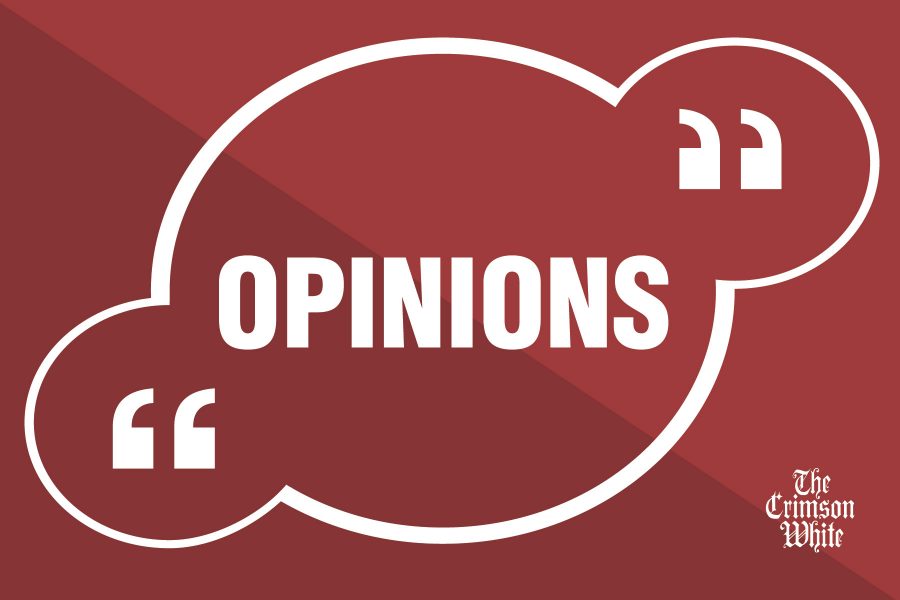Since Trump was sworn in as president, the White House has been home to a number of problematic expressions of anti-Semitism. January 27, just a week into Trump’s presidency, the nation observed International Holocaust Remembrance Day. More specifically, we honored the millions of people who lost their lives in the Holocaust, over half of whom were Jews killed only for being Jewish. However, the president’s statement said nothing about Jewish people. Instead he spoke in general terms about ‘forces of evil,’ ‘powers of good’ and his desire to ‘make love and tolerance prevalent throughout the world.’ There’s nothing inherently wrong with making vague statements about the ‘powers of good,’ but the president’s statement in remembrance of the Holocaust is an inappropriate time to keep things general.
While millions of non-Jewish people were also murdered in the Holocaust, the main victims were the Jews and to conveniently leave them out of the dialogue is at best, a thoughtless mistake and at worst, a deliberate denial of the killings that occurred in the Holocaust. We often talk about the role of history as a preventative tool, so that we don’t make the same mistake twice. We cannot accomplish this if we speak in vague terms about real things that affected specific groups of people. After the Trump administration received backlash for the omissive statement, spokeswoman Hope Hicks defended the statement as a mark of the administration’s inclusivity. What was a perfect opportunity for the White House to apologize and take responsibility for their mistake turned into a calculated exclusion of Jews in a discussion about a genocide that primarily targeted Jews.
Less than a month later, Trump held a press conference in which he was asked about how his administration was prepared to handle anti-Semitism in the wake of bomb threats on Jewish senators and other acts of anti-Semitism on Jewish Americans. The reporter prefaced this question by saying he has not seen anyone in his community accuse Trump or his staff of anti-Semitism, and he explicitly acknowledged that Trump has Jewish grandchildren. In response, Trump told the reporter to sit down and to be quiet, accusing him of asking an unfair question, and of lying about the nature of his question. He proceeded to make grandiose claims about being “the least anti-Semitic person” and also “the least racist person” without addressing the completely valid concerns raised by the reporter.
When a Jewish reporter asks questions pertaining to fear for his safety due to his religious identity and the president offers a condescending dismissal of that concern in return, it is clear that the American government is not working to protect and serve all of the American people. Of course, all of this doesn’t even touch upon the fact that Trump tried to paint an innocent Jewish reporter as deceitful and dishonest, playing out a stereotype about Jewish people that has a long and deadly history.
Most recently, Sean Spicer, Trump’s press secretary, made several inappropriate comments about the Holocaust. He said, “Even Hitler didn’t use chemical weapons,” placing Hitler in a more positive light than Syrian dictator Bashar al-Assad, and he referred to concentration camps where Jews were murdered as “Holocaust centers.” When you think of ‘centers’ you might go to, you probably think of shopping centers, community centers and the like. Using the euphemism of “Holocaust center” likens concentration camps to your local DMV or strip mall. While Spicer at least had the grace and good sense to apologize for his statements, the fact that the press secretary for the president of the United States was capable of minimizing the Holocaust to the extent that he did says plenty about the way our government sees Jewish people and the atrocities that have been committed against them.
Trump’s administration is notorious for its refusal to acknowledge its mistakes. The vast majority of the time, Trump and his staff stand by their decisions and statements even when their behavior is horribly offensive toward a particular group of Americans. We should be terrified that our government doesn’t seem to care about tackling the very important issue of anti-Semitism in America. Right now, the people leading our country are unapologetic about their apathy toward entire groups of people. Whether or not you are a part of the Jewish community, this should scare you if you care about the freedom and safety of all Americans. And if you aren’t concerned, you are part of the problem.
Cassie Kuhn is a freshman majoring in math and political science. Her column runs biweekly.









